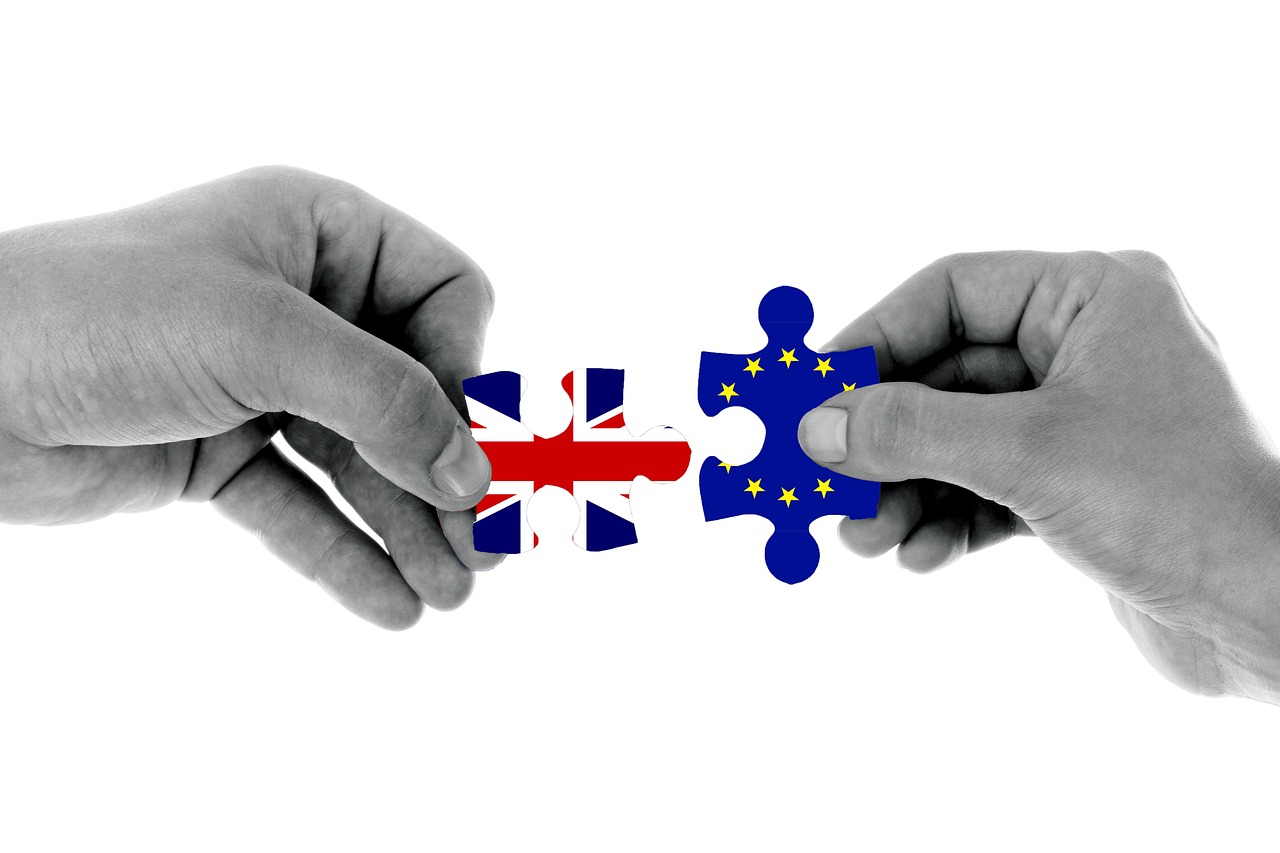All the evidence – from shrinking trade, to relative economic performance, to the Northern Ireland protocol, to the rotting queues at Dover – indicate that Brexit has failed. It has not only been the disaster that Remainers warned, but has also failed to achieve the wild outcomes promised by the proponents of Leave. Frustratingly, the cognitive filter that we all are apt to deploy when we are wrong, means that positions on Brexit will never be transformed by reason and evidence alone. Brexit must be reframed.
Unfortunately, that is precisely what Leavers have been doing. Faced with indisputable evidence of failure, Brexiteers have doubled down; they engage in cognitive dissonance. ‘It’s a Remainers’ Brexit’ (David Davis) is an incredible explanation for failure which of course could not be further from the truth. But it shows how reason, facts and evidence are only part of the battle. For most supporters of Brexit, Leave was never some sort of rational assessment anyway so there is little reason to think that a rational presentation of reality will lead to conversion. Those committed to such a failed policy are unlikely to accept they are wrong. Instead they explain away, they reframe. And that means what was ‘the drive to do business is much more powerful for making a country rich than governments directing business, which is more what the EU is about,’ becomes, ‘it could take 50 years to reap the benefits of Brexit’ (Rees-Mogg).
Public opinion has shifted to the extent that a referendum held today would likely return a Remain vote but we are far from any kind of national consensus. We are as split as ever. A significant reason for the change in opinion is that a portion of the elderly Leave vote has died since 2016, while Remainer 15, 16 and 17 year olds, denied a say then, are now registered to vote and politically radicalised. Meanwhile national politics since the referendum has only exaggerated divisions.
This explains why simply rekindling the battle, rerunning the campaign but this time with facts which prove Brexit failure, is not as straightforward as it might seem. The Opposition Labour Party too has (maybe understandably) all but given up, preferring to distance itself from any idea of Britain re-joining the EU.
So perhaps we are left with the lesson of cognitive dissonance currently being experienced by Leavers. And that lesson is the power of reframing the argument. It is to turn the tables such that the absurd explanations currently being voiced by Brexiteers are replaced with cognitive filters which are not only better for Britain but crucially are more compelling to Brexit supporters coming to terms with a disastrous decision.
While this might not be a strategy for re-join (at least in the short term), reframing the ‘next steps for Brexit’ with more cooperative objectives could go some way to repairing some of the economic and political damage caused by ripping us from the institutions of the EU.
With an objective of rebuilding those connections, reframing the debate as ‘resetting our relationship with Europe’ speaks to those who object to being ‘ruled by Brussels’ as much as those who mourn Britain’s EU membership. It is not ideal and probably requires the lead of some Leavers. But it tackles the world as it is found and would at least be progress for once in the right direction.
Further Reading
Readers may also be interested in the Federal Trust’s recent report, authored by Professor Andrew Blick: Getting Brexit Undone







Leave A Comment